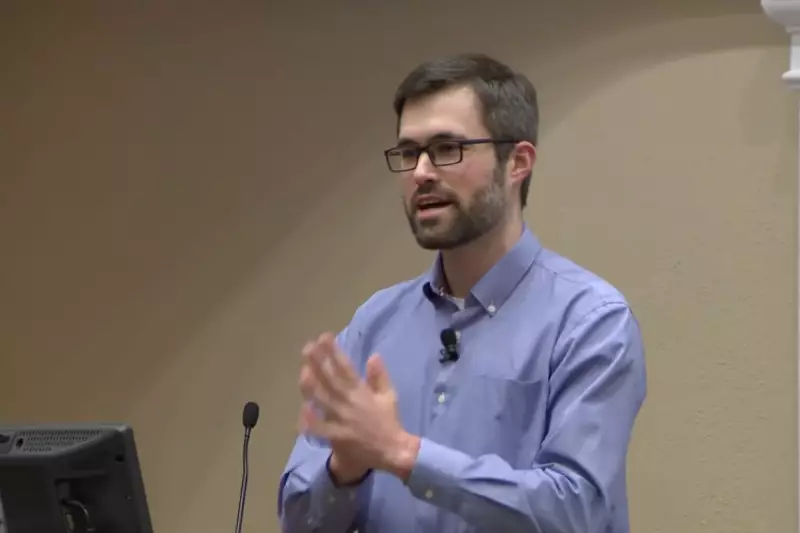
Mark Bray, a prominent American academic and historian of anti-fascist movements, has been prohibited from entering Spain in a move that's sparked international concern about academic freedom and political expression.
The Rutgers University scholar, renowned for his work documenting antifa activism, was scheduled to deliver a lecture at the University of Málaga when Spanish authorities denied him entry at the border. The incident has ignited debates about the boundaries of free speech and the treatment of political researchers across Europe.
Academic Work Meets Political Barriers
Bray, who serves as a visiting professor at Rutgers, has built his career studying far-right movements and the corresponding anti-fascist responses. His 2017 book Antifa: The Anti-Fascist Handbook established him as a leading authority on the subject, though his work has frequently drawn controversy from conservative critics.
The planned lecture in Málaga was intended to explore historical and contemporary anti-fascist movements, drawing from Bray's extensive research. Instead, the academic found himself at the centre of an international incident that underscores the increasingly tense relationship between political scholarship and government oversight.
Pattern of Exclusion Raises Concerns
This isn't the first time Bray has faced travel restrictions related to his work. In 2018, he was similarly barred from entering Canada, though that decision was later reversed following public pressure and legal challenges.
The repeated exclusion of an academic whose work focuses on documenting political movements rather than advocating violence has alarmed free speech organisations and educational institutions worldwide. Many see these incidents as indicative of a broader trend where governments are increasingly comfortable limiting the movement of scholars whose work they find politically inconvenient.
Broader Implications for Academic Freedom
The Spanish ban comes at a time when universities and governments globally are grappling with how to handle controversial political topics. While some argue that certain viewpoints shouldn't be platformed, others contend that academic inquiry requires the freedom to study all political movements, regardless of their contentious nature.
Bray's case highlights the precarious position of researchers who study militant political movements without necessarily endorsing them. As one colleague noted, "There's a fundamental difference between studying a movement and being part of it—a distinction that seems increasingly lost on border authorities."
The incident has prompted calls for clearer guidelines regarding academic travel and stronger protections for scholarly work that examines sensitive political subjects.





